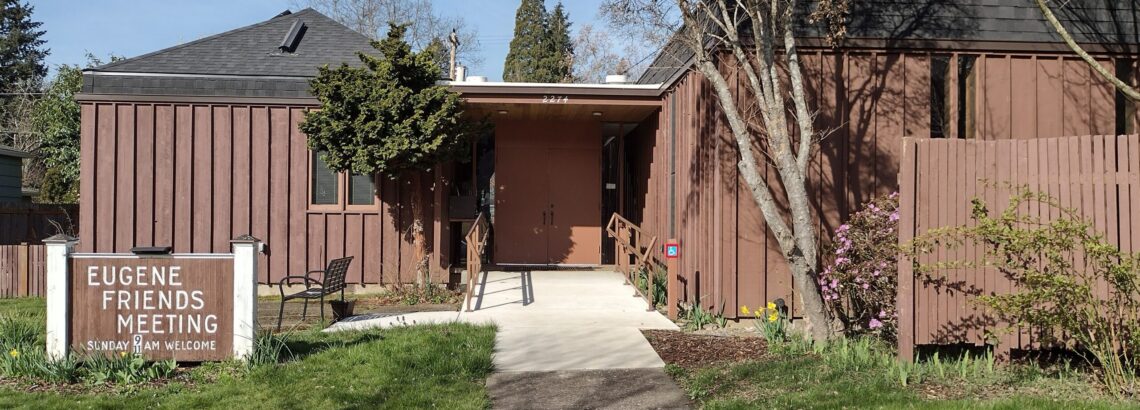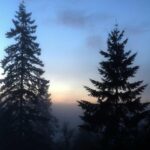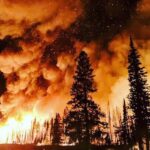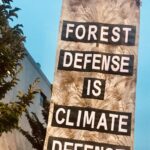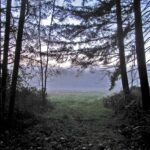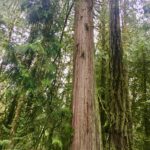Fix Our Forests?
On April 14th this week Senators John Hickenlooper (D-Colo.) and Alex Padilla (D-Calif.) introduced the Fix Our Forests Act (FOFA). The bill – which is presented as a measure against wildfire – could open the door to unlimited logging across millions of acres of national forests, erode environmental laws, and make it harder for members of… (read more)
